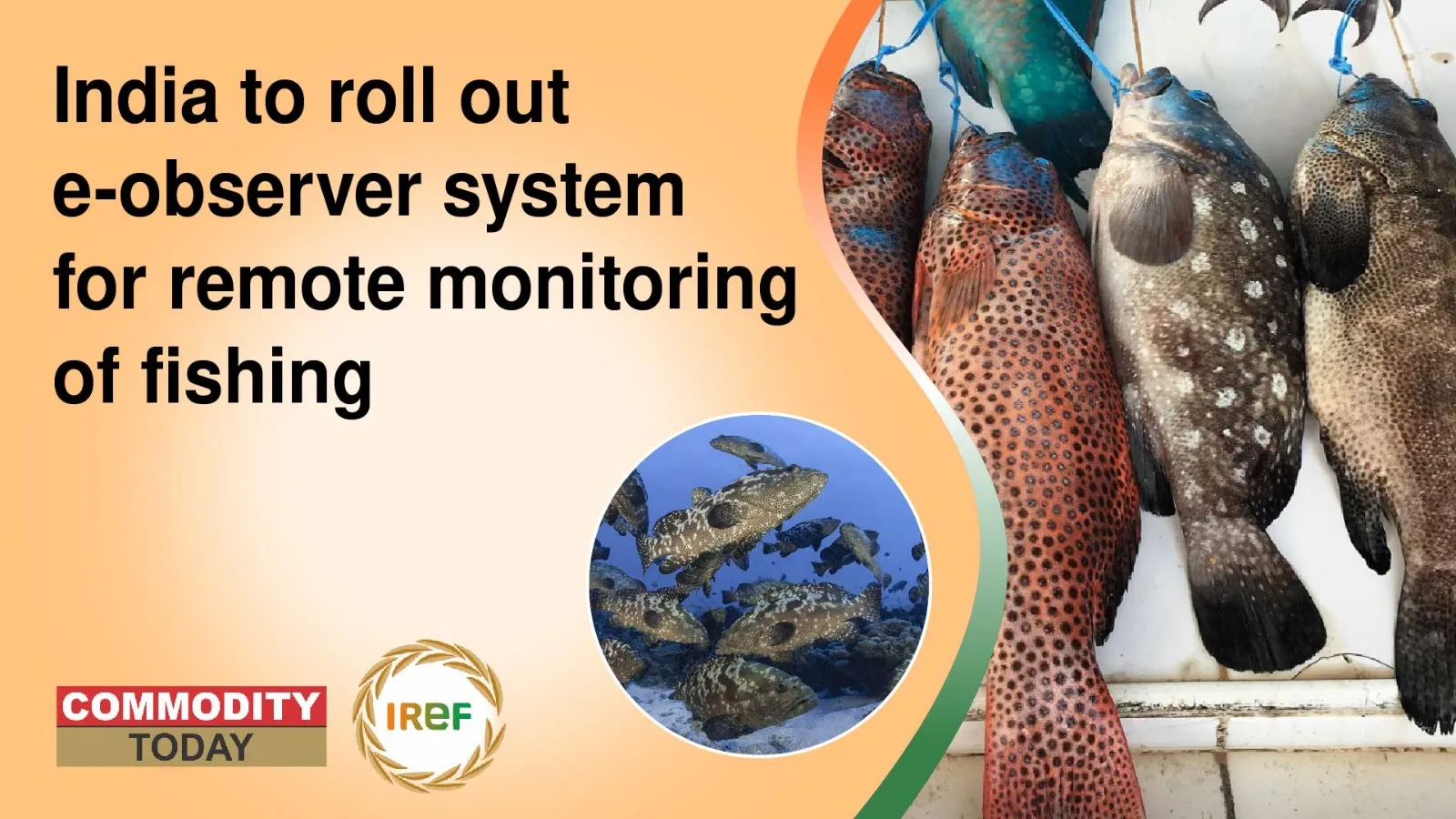India To Roll Out E-Observer System For Remote Monitoring Of Fishing

India is all set to launch an e-observer system that is an electronic system that will remotely monitor fishing vessels and record catches with accuracy. It's a move by the centre which intends to transform the country’s management of marine resources and defend the seafood exports in global markets. Union Fisheries Secretary Abhilaksh Likhi unveiled the plan in Kochi and stated that the e-observer system developed by the Fishery Survey of India (FSI), will serve as an onboard electronic eye.
Significance of the e-observer system
This new initiative helps scientists to get accurate information concerning how many fish are being captured and which species. Apparently, it is needed to protect fish populations and manage fishing properly. Not only this, but it will also help in following international rules. According to global agreements, countries need to monitor their tuna fishing activities. Electronic Systems like e-observer will lead to meeting these requirements.
In addition, using e-observer system will facilitate boosting exports. With credible, science-based data, India can prove its fishing is sustainable, which promotes fighting against unfair trade restrictions from other countries.
What’s apart from an e-observer system ?
Under a government scheme, PMMSY, around 36,000 fishing boats now have GPS trackers to track them in real time. Besides this, the centre is working with several other nations to manage fish populations such as tuna and sharks, which migrate across oceans.
Raising concerns about the existing global quota allocation system for commercial tuna fishing, Central Marine Fisheries Research Institute (CMFRI) Director Grinson George highlighted the need for revising the system to ensure a higher, unbiased quota for developing nations such as India. He stressed the need for a well-developed cold chain infrastructure to boost tuna export, citing that this would allow the preservation of tuna quality, decrease spoilage, and expand the competitiveness of Indian tuna in the global market.
IOTC Secretariat Member Lauren Nelson said that the workshop will deal with the critical need for data collection and species identification to ensure reliable stock assessments in India’s tuna and allied species fisheries. Moreover, Fisheries experts and officials from 12 nations, including Japan, France, Thailand, Indonesia, Malaysia and South Africa, and 18 officials from various coastal states of India are attending the workshop